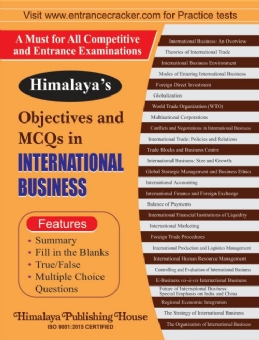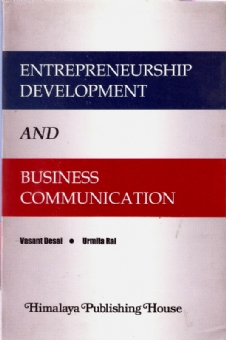Buy Academic Books Online in India | Second-Hand Academic Books
Featured Products
Entrepreneurship Development and Project Management (Text and Cases)
₹437.40
M.R.P.:₹ 540.00
You Save: ₹102.60 (19.00% OFF)
Entrepreneurship Development and Business Communication
₹409.20
M.R.P.:₹ 440.00
You Save: ₹30.80 (7.00% OFF)
Fundamentals of Entrepreneurship and Small Business Management
₹750.12
M.R.P.:₹ 798.00
You Save: ₹47.88 (6.00% OFF)











